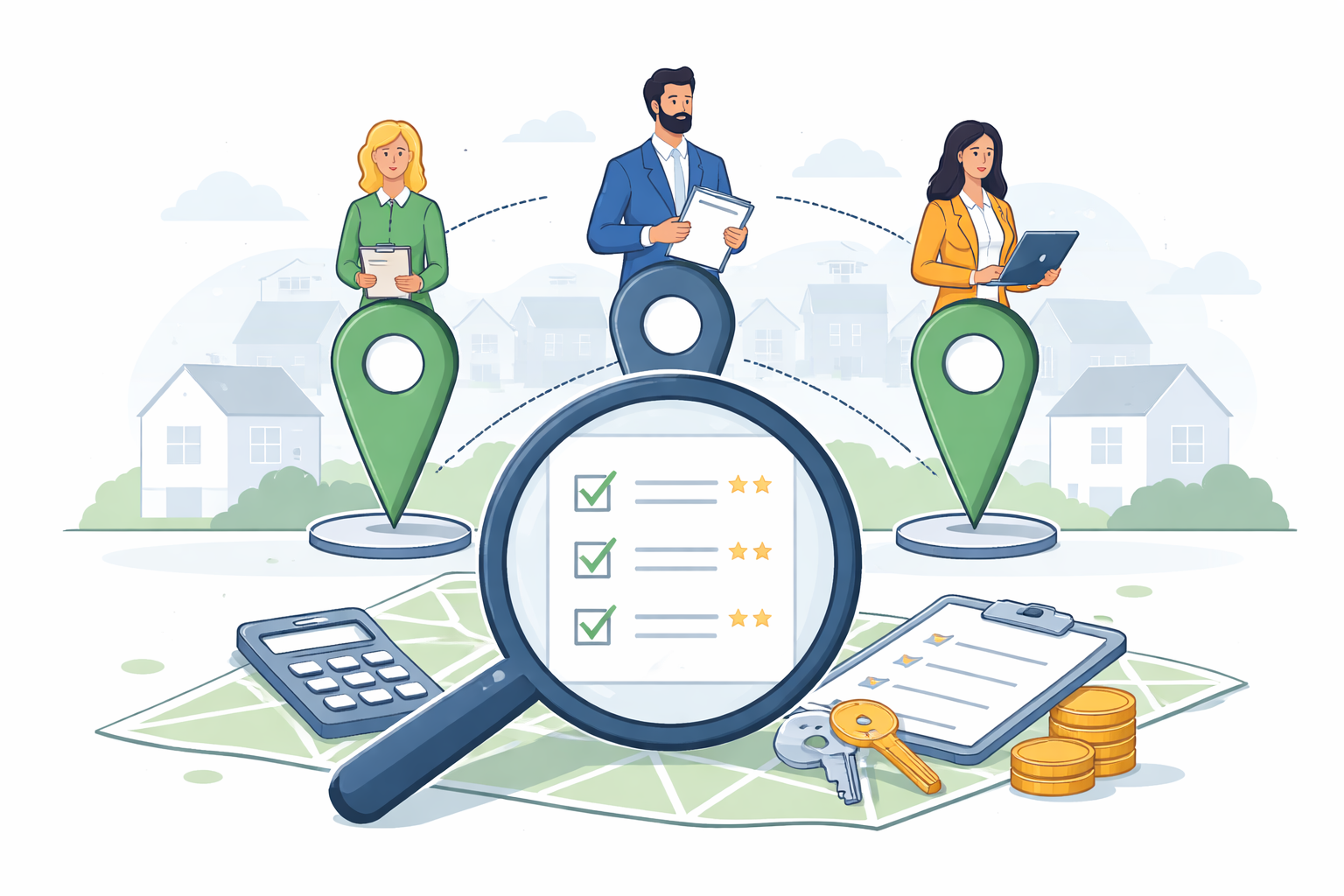Buying a property shares similar principles with shopping. How many times have you experienced shopping only to have that buyer's remorse when the excitement has worn off?
The only difference is that properties cost a thousand times more than those signature clothes, so being wise in property acquisition cannot be stressed enough.
Once you have affixed your signature on that contract, you might find yourself floating in a sea of regrets because you did not think things through.
This article aims to help first-time homebuyers make educated decisions by presenting the three most important questions they need to answer before purchasing properties.
1. What is your total budget?
Your budget will define the kind of house you can afford. But there are numerous additional cost inclusions apart from the price of the house itself.
The common observation among first-time buyers is that they fail to accurately estimate the total price they must pay when making a house purchase. The truth is, there is more to property ownership costs than meets the eye.
Before you go on daydreaming, you should get a good grasp of what additional costs are included when investing in a property.
- Appraisal
Expert assessment of a property’s current market value.
- Inspection
Evaluating the property's current condition will help you in identifying areas that are not in good working condition (for future reference and repair)
- Mortgage interest
It is the added value to your original loan for the privilege of receiving financial assistance in the purchase of the property. It can significantly increase the total cost of what you loaned.
- Mortgage insurance
It is the safety net of lenders for when you forfeit a loan. Some institutions might include it in the overall loan payment. Others might require it upfront.
- Stamp duty
It is a required government tax for documents to signify transaction legitimacy and legality.
- The property itself
It is the most significant and most crucial chunk of the costs and the value you are paying. Be sure to consider how much to pay in your down payment and the subsequent monthly dues without leaving yourself zeroed out.
Take note that the costs mentioned only account for the costs of acquiring the property. Still, there can be incurred unexpected costs like maintenance, bills, council rates, homeownership association dues, and others that might come as a surprise if you are unprepared.
The best solution is to prepare a financial buffer.
It will safeguard you from additional costs that might arise, especially surges in interest rates and unexpected financial hardships like the loss of a stable job.
2. Why is the house being sold?
On top of knowing how much you can offer from your end, it is essential to know more details on the property itself.
You might be buying a house to meet your personal needs, and having a good grasp of the details surrounding the property per se is imperative to know what you are buying.
There are several sub-points under this question that you might want to sniff out, aside from the property's price.
- Why do sellers move out?
This question will reveal more about the hidden motivations behind selling the property than mere: relocation for a new job, downsizing home costs, or accommodating a more prominent family.
They are legally bound to answer your questions, especially if it involves the house's structural integrity (which will be revealed after inspection).
- Cost of nearby households
It will illuminate the price range that your property of interest should be selling at. If the house you are reviewing costs significantly more than others, then you can ask why.
- Cost of utilities
The utilities like the water, electric, and internet bills should never be out of the question. Even if you meet your mortgage loan costs duly, but the utility costs are way above the use, then it might be another good reason to back out of the deal (and a hidden reason why the property is for sale!).
- The neighbourhood temperament
Knowing the people in your vicinity is just as important as the reason you are buying the house. These people will be the ones you meet daily every time you step out of the household.
If they are hostile and cold, then you might want to reconsider the property.
- Hazard-proneness of the property
It is bad enough to have displeasing neighbours, but to be in the path of danger because of the property is another story.
Aside from your family's safety, the costs incurred for repairs after a calamity are something to look out for.
- Length of time that the house has been for sale
The more extended amount of time, the better odds you must negotiate the price. But there are more things to consider as well.
3. Who facilitates the transaction?
Real estate agents know when buyers are purchasing for the first time, and they can be hard negotiators when they observe that sparkle and excitement in your eyes.
Remember that real estate agents, although they are helping you decide on a purchase, do not have your best interests in mind. Typically, they will prioritise the benefits the sale will bring to the seller, and they are pushing for the deal because of the commission they can get out of it.
They do not know who you are and your financial status, so they will push for what they see fit. Throughout the transaction, novice property buyers can arm themselves with all the help they can get by doing the following tips:
- Hire a buyer’s agent
Since you hire them, they will operate under your demands and terms and represent you during negotiations. They will also be present during inspections and oversee the whole negotiation process.
- Get a lawyer
There will be legal clauses governing the entire sale process, and a lawyer can help you propose better terms and conditions to fit your preferences.
Find and Compare Buyers agents to help you buy a home based on your needs, lifestyle and budget.
Buying properties is not as simple as it seems. There are many factors and people at play that may swing the negotiation out of your favour if you are not in complete control of everything that is happening.
These questions are the major concepts you must address before proceeding with the sale. Being able to answer the above confidently will ensure your protection and flexibility in buying the property.











